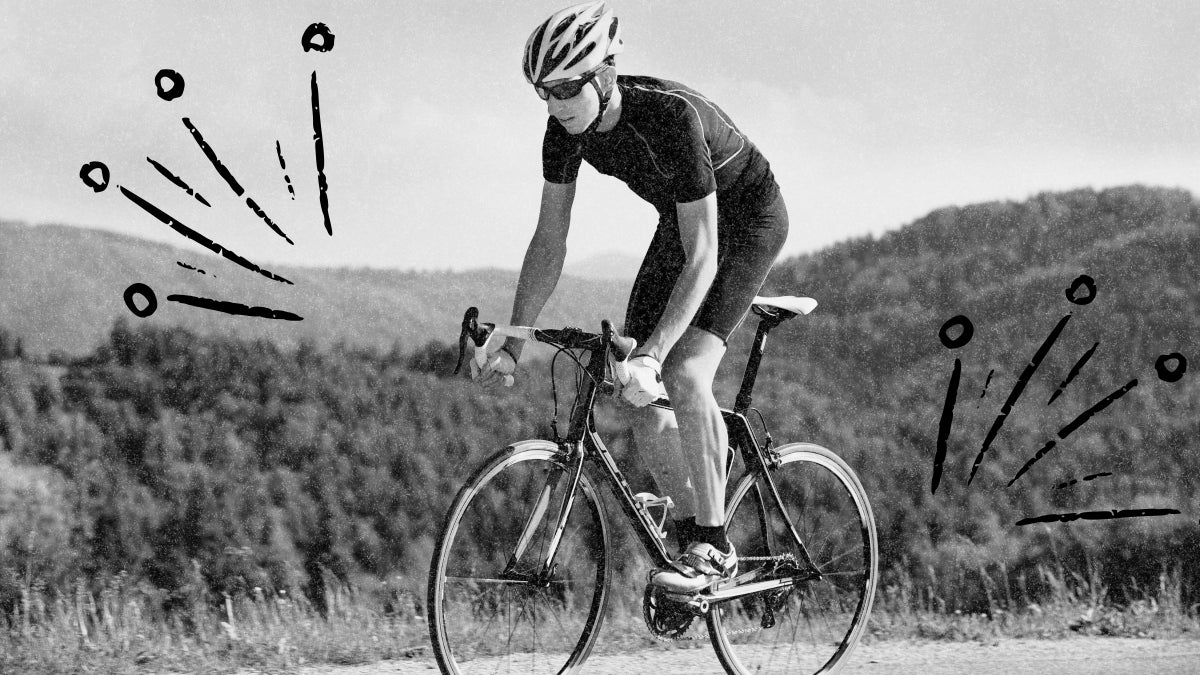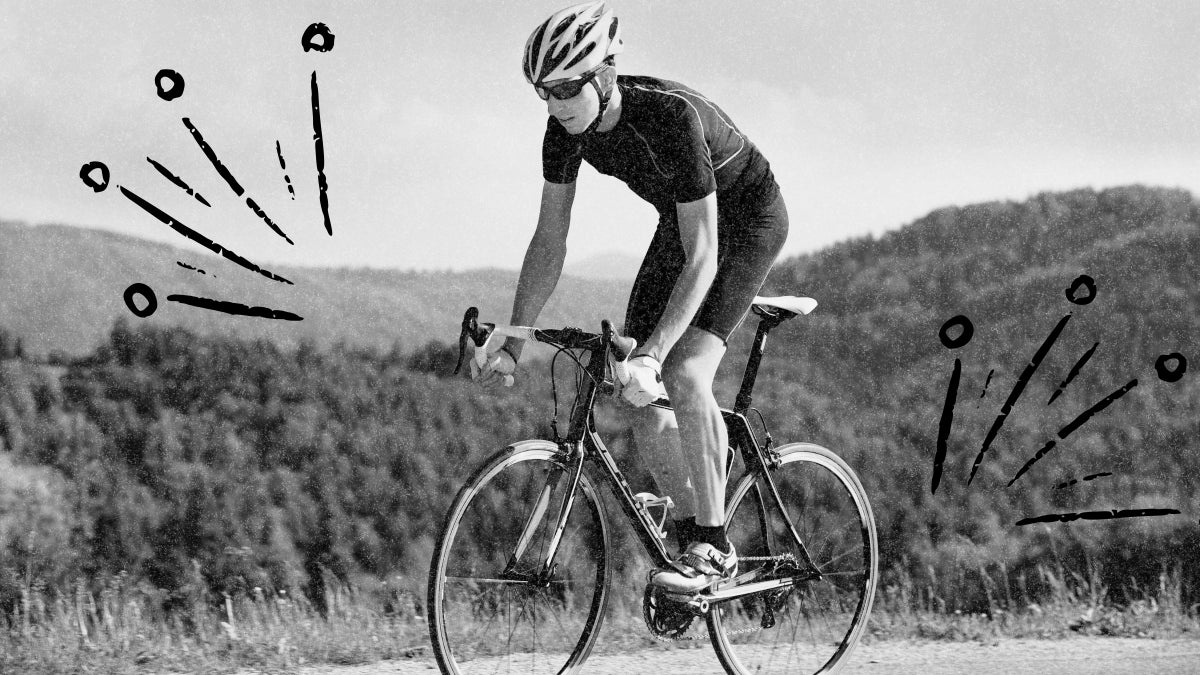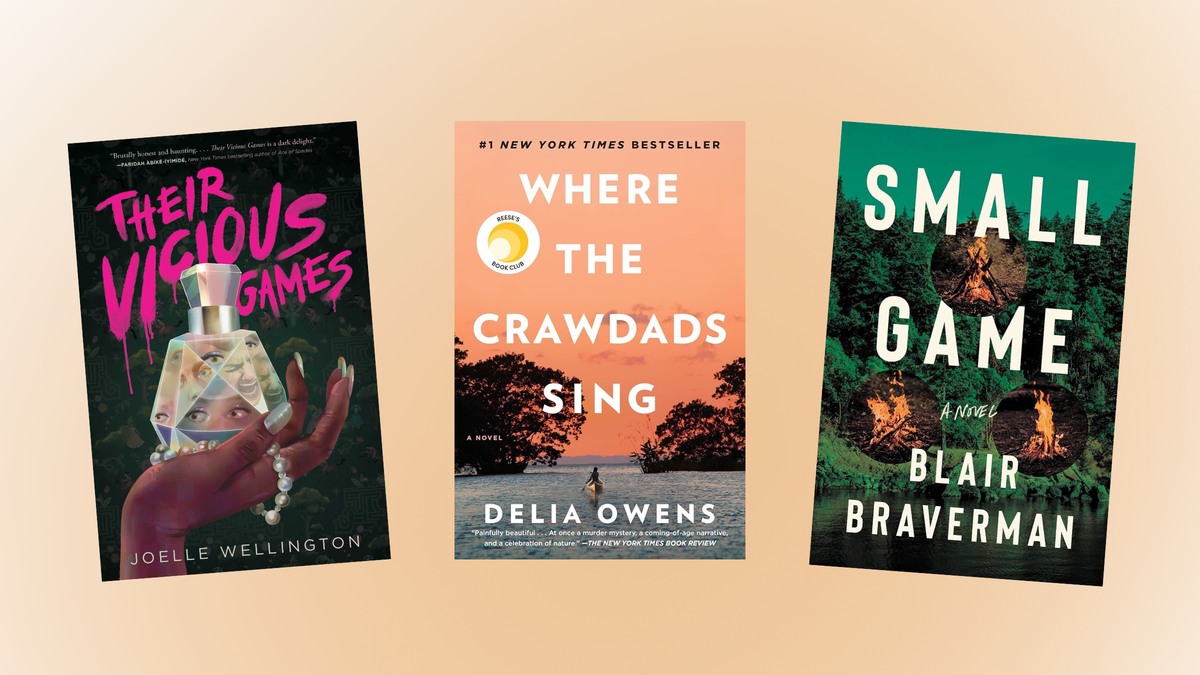
Mental fatigue is one of the big ideas in modern sports science. We’ve always known that tired muscles slow us down; now we recognize that a tired brain can do the same. But we shouldn’t confuse “big ideas” with “proven ideas.” Since a watershed study in 2009, research on mental fatigue in sports has exploded—but the results of these studies have been mixed. The idea that mental fatigue hurts physical performance is plausible and intuitive, but still unproven.
Figuring out how to think about—and write about!—areas of ongoing scientific debate is tricky. It can feel like a bit of a ping-pong game: one small study says it’s true, another says it’s not, a third one says it’s true, and so on. Meta-analyses that pool a whole bunch of studies together can help, but in the case of mental fatigue, even they seem to reach conflicting conclusions. What we need are bigger and better studies—which is exactly what a recent paper in Medicine & Science in Sports & Exercise offers us.
Why the New Study Is Different
The new study comes from the research group of Bart Roelands at Vrije Universiteit Brussel in Belgium, led by Jelle Habay. If we’re keeping score, Roelands’s group has produced a series of studies over the years that generally favor the claim that mental fatigue harms subsequent physical performance. (In contrast, studies from Darìas Holgado, now at the University of Lausanne, tend to find no effect.)
What makes the new study different is that it’s massive, at least by the standards of sports science, with a total of 104 subjects completing the protocol. Each of the subjects completed two main experimental sessions, each involving a cognitive test; 45 minutes of either mentally fatiguing activity or watching an “emotionally neutral” documentary; another cognitive test; and then a 15-minute all-out cycling time trial.
Mental fatigue was induced with something called the Stroop task. A word flashes on the screen (“red,” “green,” “blue,” or “yellow”); the letters are colored one of those four colors, but not necessarily the same color that the word represents. As quickly as you can, you have to press a button corresponding to the color of the word, not the meaning of the word—unless the letters are in red, in which case you have to react to the meaning of the word. Confused? You should be. It’s a hard task, and after 45 minutes of it, I can attest that your brain feels like jelly.
In the control condition, meanwhile, the participants got to choose between eight documentaries such as Gordon Ramsay Uncharted and Wild Cats of India. This detail matters: in previous studies, one of the criticisms was that simply assigning a documentary to the subjects might bore or annoy them, feelings that could affect motivation for the subsequent exercise test. In fact, a study last year explicitly tested the different effects of demanding and boring cognitive tasks on running performance: they’re both bad, but in different ways. These are the nuances that Roelands and his colleagues are trying to control for.
What the Results Show
There’s one uncontroversial finding to start with: mental fatigue (as induced by the Stroop task compared to the documentary) hurt performance in the cognitive test. That’s reassuring, because it confirms the 45 minutes of Stroop task was enough to induce mental fatigue—not a trivial point given that some of the previous studies on this topic have used as much as 90 minutes of Stroop task. And it fits with previous studies finding that athletes tend to make worse tactical decisions and have slower reaction times when they’re mentally fatigued.
The results of the cycling time trial aren’t quite as clear. Pedaling cadence was consistently lower in the mentally fatigued condition, so something was different. What we really care about is how much distance they covered in the 15-minute time trial: 12.6 kilometers on average when they were mentally fatigued, 12.8 kilometers after the documentary. That’s a 1.6 percent difference, which in the world of competitive sport is important. But the difference wasn’t quite statistically significant: the p value was 0.059, just above the 0.05 threshold conventionally used for statistical significance.
Perhaps with 200 subjects, the results would have passed the significance test. Or perhaps not. The problem for sports science is that athletes care about margins that are impossible to reliably detect without enormous studies that sports science can’t afford to carry out. Overall, I’d say this study nudges my beliefs toward the conclusion that mental fatigue really does make a difference to athletic performance, but the debate is far from over.
What to Do About It
In the meantime, other scientists—and coaches and athletes—have moved on to strategizing about how best to combat mental fatigue. A recent study from Walter Staiano, one of the pioneers in this area, found that after six weeks of mindfulness training, elite handball players were better able to resist the problems caused by mental fatigue. The mindfulness training program they used was a sports-specific one called mPEAK, which I’ve written about before, and the results line up with other research hinting at the potential benefits of meditation.
Another study from Staiano and his colleagues used the Stroop task as a form of “brain endurance training” during regular workouts to help pro soccer players improve their technical and tactical performance when mentally fatigued. (That’s another idea I’ve written about before.) I find these approaches fascinating, but I also know from having tried brain endurance training that they’re not easy. There’s no free lunch here.
But I do think that simply knowing about the effects of mental fatigue—or at least, as we await more definitive evidence, suspecting it—still has advantages. It seems to me that the easiest way to avoid the negative effects of mental fatigue is to avoid getting mentally fatigued. That’s not always possible, obviously. We all have work obligations and family responsibilities, and competing often adds other challenges like travel stress. But if you can minimize these by, say, traveling a day early to a race, then chilling, then my reading of the admittedly incomplete research is that you’ll go faster.
For more Sweat Science, sign up for the email newsletter and check out my new book The Explorer’s Gene: Why We Seek Big Challenges, New Flavors, and the Blank Spots on the Map.
The post This Is the Biggest Study Ever on Mental Fatigue in Athletes appeared first on Outside Online.














